I've created a blank Mobile App (Xamarin.Forms) application.
By default the target Android framework for this empty application is set to version 8.1 (Oreo)
I want to change this version to version 8.0, which is installed and available on the workstation.
But when I select the version 8.0 and Visual Studio recompiles the project I get a bunch of errors.
Error NU1202 Package Xamarin.Android.Support.Design 27.0.2.1 is not compatible with monoandroid80 (MonoAndroid,Version=v8.0). Package Xamarin.Android.Support.Design 27.0.2.1 supports: monoandroid81 (MonoAndroid,Version=v8.1)
Okay, then. I opened NuGet Manager and tried to update (downgrade) versions of corresponding components.
But when I try to reinstall a component with a lower version over an existing higher version I get the same error messages. And I get these messages for every component I want to downgrade.
The question: how can I change the target framework version for Android Xamarin application and it will finally work?
UPDATE
I tried to remove MonoAndroid reference from the Android Xamarin project in the Solution and add the reference to the lower version manually.
But as I click OK on the dialog, the MonoAndroid reference version 8 (instead of version 7) has been added.
